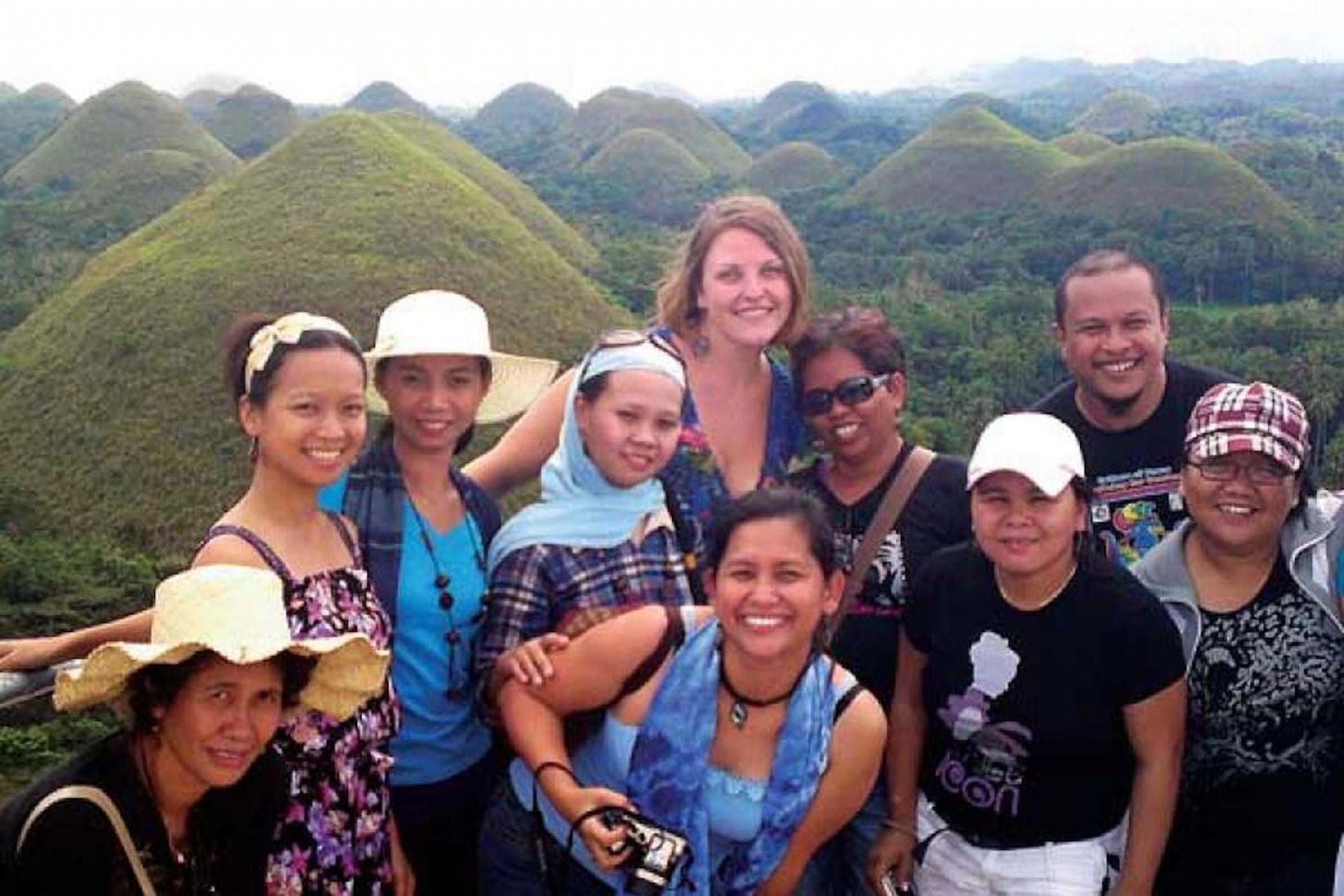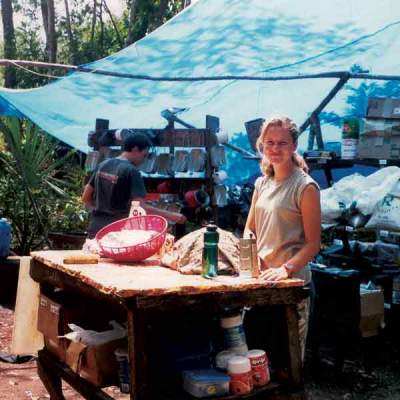After years of struggling to divide our time between working and volunteering in London, in 2009 my partner, Chris, and I decided to volunteer abroad.
However, in terms of experience, we were wedged painfully between gap-year students and accomplished development workers. We were either over or under-qualified for every post advertised. And like many international volunteers, we also faced financial constraints. Realizing that all the costs—visas, transport, food, accommodation—would be ours to absorb anyway, we decided that we didn’t want to invest even more for a volunteer-placement organization.
Without the support of a volunteer-sending organization, our indie volunteering year in the Philippines saw countless learning curves, exhilarating successes and debilitating failures time and again. This is by no means an exhaustive list of things to consider if you’re going solo, but it may help along the way:
Choose the (right) country and organization.
A volunteer-sending organization will help to place you with in-country NGOs doing the work you’re particularly interested in. If you’re going solo it will be up to you to seek out those NGOs.
Start out by exploring the countries that interest you, but remember—it’s far easier to work with an NGO that has some existing organizational infrastructure such as a mission, policies and procedures. While a volunteer-sending organization will generally match your skills to the needs of an appropriate NGO, going it alone means this part of your journey will be a lot more interesting and often quite difficult.
Additionally, the organization you choose to work with may have great practices around supporting their volunteers, but it’s just as likely they’ve never had foreign volunteers before. They may not understand that you’re bound to be coping with any number of issues—from the frustrations of sorting out electricity to communication barriers you never expected. If the idea of going without that support is too overwhelming, target the larger organizations that will have had experience supporting foreign volunteers.
Secure a contact—and a confidant.
Having a contact where you’re headed will be a lifesaver. Be clear in your communication with your host organization that you’ll need a few days or even a couple of weeks to get settled. In all likelihood, they’ll endeavour to help as much as they can. In our case, a representative from the university where Chris worked found us a place to stay until we were settled. She also helped us buy appliances—something we’d never had to do as renters of London’s furnished flats.
But by volunteering independently, you’ll also need somebody who will understand what you’re experiencing. Without the support of a volunteer-sending organization in your home country, you will get frustrated and there will be days when absolutely nothing makes sense at all. This is usually tempered by an enormous amount of satisfaction and personal growth.
But when the good stuff eludes you, a confidant with a bit of experience abroad, upon whom you can let off steam so you don’t burst at the seams, is a godsend.
Finally, never underestimate the impressions of your forebears. Read and join in discussions on comment threads, blogs and magazine articles about where you’re going, but do it with a grain of salt—everybody’s experience is as unique as it is invaluable.
Have a clear idea of what you want to do, but don’t expect to do it right away.
While a volunteer-sending organization will generally match your skills to the needs of an appropriate NGO, going it alone means this part of your journey will be a lot more interesting and often quite difficult.
Research as much as you can about the organization before you arrive to identify any gaps you think you can fill, but be prepared for out-dated or even non-existent websites.
When developing a work plan, consider all of your skills—not just those you want to hone. Although you can be clear with the organization about what you think you can offer, this isn’t the same as telling them what you’ll be doing. You may also need to sacrifice a particular aspect of the work you plan to do to in order to meet the needs of the organization. Know your priorities from the outset so you can wiggle when necessary and stand firm when possible.
In particular, small NGOs may be may be clueless as to what to do with you. Many will be honoured that you chose to support them and will hesitate to “burden” you with too much work. They may not understand your particular skill set or how it can best suit their needs.
But above all, try to be patient. Things won’t always move as quickly as you’d like and as an independent volunteer within their organization, the onus is on you to illustrate your credibility, to build rapport and to establish your reputation as a trustworthy, hard-working individual.
Ann Halsig is a freelance writer with a background in Social Science and Ethnic Studies. She has lived and worked in the U.S., England and the Philippines, and currently resides in France.
Add this article to your reading list



